New Zealand's public education system stands at a critical juncture. As the demand for high-quality education rises, can the nation ensure its public schools meet these expectations? With increasing student populations and evolving educational standards, the future of New Zealand's public education is both a concern and an opportunity. This article delves into how New Zealand's public schools can keep pace with the growing demand for quality education, exploring potential strategies, challenges, and insights from global counterparts.
New Zealand’s Education Landscape: Current Challenges and Context
New Zealand's education system is renowned for its commitment to inclusivity and quality. However, challenges persist. According to a 2022 report by the Ministry of Education, schools are grappling with overcrowded classrooms, insufficient resources, and a shortage of qualified teachers. The OECD's Education at a Glance report also highlights that New Zealand spends less per student compared to other developed nations, raising concerns about sustaining quality education.
The country's diverse student population further complicates these challenges. With more than 200 ethnic groups represented, New Zealand schools must adapt to varied cultural needs and learning styles. This diversity requires tailored approaches to teaching and learning, which can strain already limited resources.
Government Initiatives and Policies
The New Zealand government has introduced several initiatives to address these challenges. The "Ka Hikitia" strategy aims to improve educational outcomes for Māori students, while the "Pasifika Education Plan" focuses on Pacific learners. Furthermore, the government's investment in digital learning tools and infrastructure is a step toward modernizing education delivery.
Despite these efforts, the Ministry of Business, Innovation, and Employment (MBIE) reports that the demand for qualified teachers in New Zealand is projected to increase by 20% over the next five years. This underscores the need for sustainable solutions and policies that can accommodate future growth and demand.
Case Study: Finland’s Educational Model
Finland's education system is often lauded as a global benchmark for quality. New Zealand could glean valuable insights from Finland’s approach, which emphasizes personalized learning, teacher autonomy, and minimal standardized testing.
Problem: Finland faced challenges with high dropout rates and educational inequality in the 1970s.
Action: The Finnish government reformed its education system by decentralizing education administration, empowering teachers, and focusing on student well-being. Emphasis was placed on teacher education, requiring all teachers to hold a master's degree.
Result: Today, Finland boasts some of the highest literacy and numeracy rates globally, with students consistently performing well in the Programme for International Student Assessment (PISA) rankings.
Takeaway: New Zealand can learn from Finland's approach by investing in teacher training, reducing reliance on standardized tests, and fostering a student-centric learning environment.
Pros and Cons of New Zealand's Current Education Strategies
Pros:
- Inclusive Education: New Zealand's curriculum supports diverse learning needs, promoting inclusivity and cultural responsiveness.
- Digital Learning: The integration of digital tools enhances student engagement and prepares them for a digital future.
- Government Support: Policies like Ka Hikitia and the Pasifika Education Plan aim to close achievement gaps among ethnic groups.
Cons:
- Resource Constraints: Limited funding and teacher shortages hinder the implementation of advanced educational programs.
- Overcrowded Classrooms: Increasing student populations lead to overcrowded classrooms, affecting individual attention and learning outcomes.
- Standardized Testing Pressure: The current focus on standardized testing can stifle creativity and reduce learning to test preparation.
Debate: Traditional vs. Modern Education Approaches
The debate between traditional and modern education approaches is prevalent in New Zealand. Traditional methods emphasize rote learning and standardized testing, while modern approaches focus on critical thinking and personalized learning.
Advocate Perspective: Traditional Education
Supporters argue that traditional education provides a structured learning environment, offering measurable outcomes and accountability. This approach is believed to prepare students for standardized tests and higher education.
Critic Perspective: Modern Education
Critics highlight that traditional methods can limit creativity and fail to cater to individual learning needs. Modern education, with its emphasis on critical thinking and collaboration, aligns better with 21st-century skills requirements.
Middle Ground: A hybrid approach that combines structured learning with personalized, creative methodologies can offer the best of both worlds, catering to diverse student needs.
Common Myths & Mistakes in New Zealand’s Education Sector
Myth: More Homework Equals Better Learning
Reality: Research from the University of Auckland shows that excessive homework does not correlate with academic success. Quality over quantity is crucial in enhancing learning outcomes.
Myth: Standardized Tests Accurately Measure Student Ability
Reality: A report by the New Zealand Council for Educational Research indicates that standardized tests can overlook critical thinking and creativity, essential for real-world problem-solving.
Myth: Technology Alone Can Improve Education Quality
Reality: While technology is a vital tool, the effectiveness of digital learning depends on how it's integrated into pedagogy, as noted by the New Zealand Education Review Office.
Biggest Mistakes to Avoid in Addressing Educational Demand
- Ignoring Teacher Training: A 2023 study shows that schools with ongoing teacher development programs experience a 30% increase in student performance. Solution: Schools should partner with institutions like the University of Canterbury for professional development programs.
- Overemphasizing Standardized Testing: Overreliance on testing can lead to teaching to the test, neglecting holistic education. Solution: Implement formative assessments that focus on student growth and understanding.
- Underfunding Education Initiatives: Insufficient funding can derail innovative programs. Solution: Advocate for increased government funding and explore public-private partnerships to support educational projects.
Future Trends & Predictions for New Zealand's Education
By 2028, it's projected that New Zealand will see a 15% increase in digital classrooms, driven by advancements in educational technology (Source: MBIE). The focus will shift to experiential learning, with virtual reality and artificial intelligence playing significant roles in classroom settings.
Furthermore, the demand for skilled educators will remain high, prompting initiatives to attract international teaching talent and enhance domestic teacher training programs.
Conclusion
As New Zealand navigates the complexities of increasing demand for quality education, it must balance traditional strengths with innovative approaches. By learning from global examples, investing in teacher training, and embracing digital tools, New Zealand can ensure its public education system not only keeps up but leads in the global education landscape.
What’s Next? Join the conversation: How do you think New Zealand can improve its public education system? Share your insights below!
People Also Ask
- How does New Zealand’s education system compare globally? New Zealand ranks highly in inclusivity and student satisfaction, though it spends less per student than other developed countries, impacting resource availability.
- What are the biggest challenges facing New Zealand’s public schools? Key challenges include teacher shortages, overcrowded classrooms, and balancing diverse cultural needs.
- How can New Zealand improve teacher recruitment? By offering competitive salaries, investing in teacher training, and promoting teaching as a rewarding career path.
- What role does technology play in New Zealand’s education system? Technology enhances learning through digital tools, online resources, and virtual classrooms, preparing students for a digital future.
- How do government policies impact New Zealand’s education? Policies like Ka Hikitia and the Pasifika Education Plan aim to improve outcomes for marginalized groups, though resource allocation remains a challenge.
Related Search Queries
- New Zealand education system challenges
- Future of education in New Zealand
- Digital learning tools in NZ schools
- Teacher shortages in New Zealand
- Strategies to improve NZ public education
- Finland vs. New Zealand education systems
- Impact of technology on New Zealand education
- Government education policies NZ
- New Zealand student diversity in schools
- Standardized testing in NZ schools
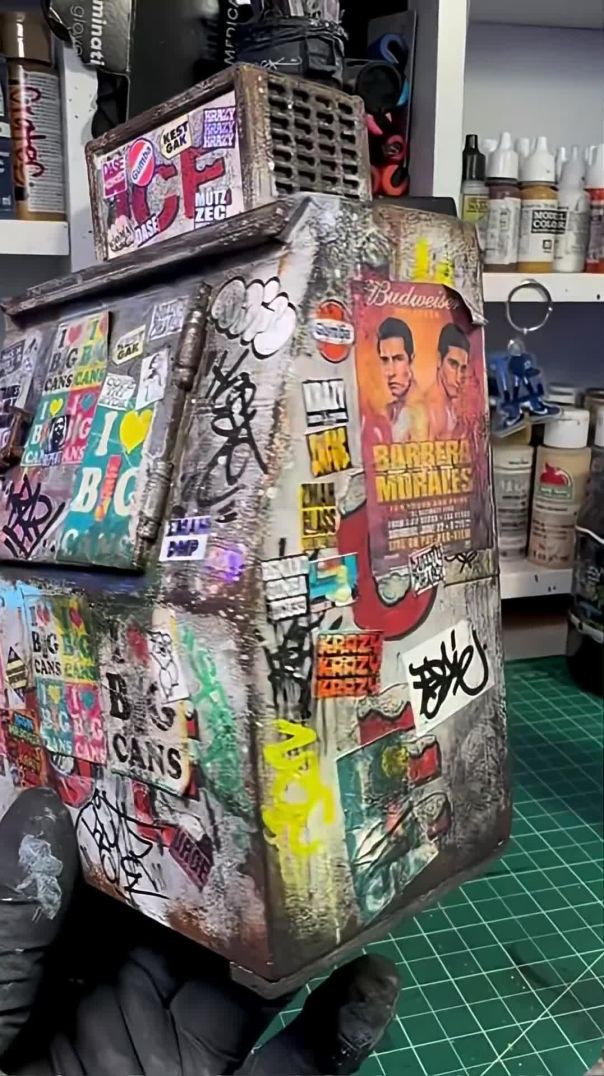


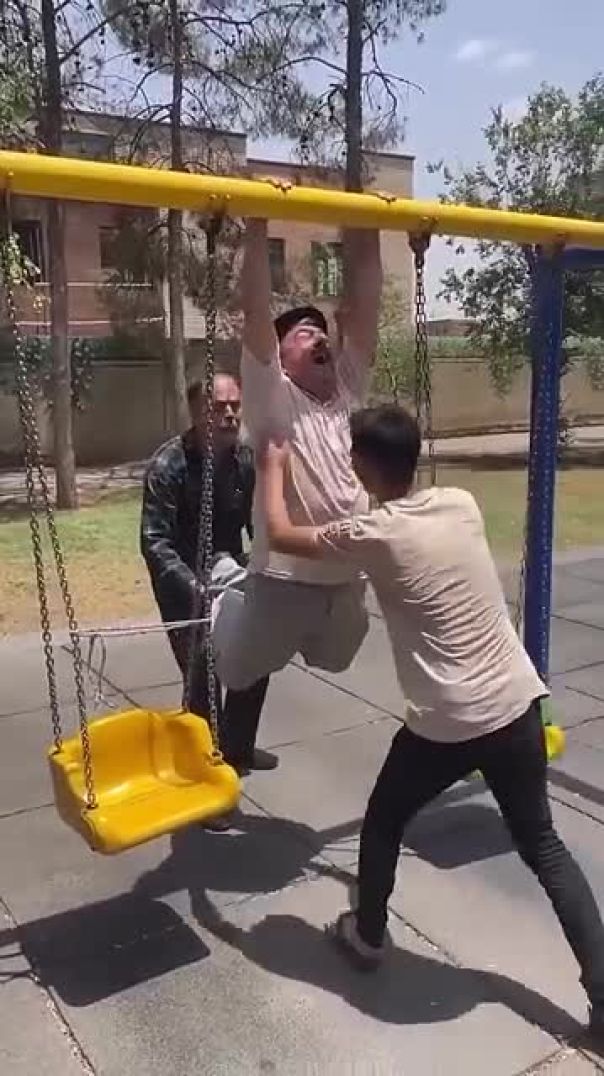







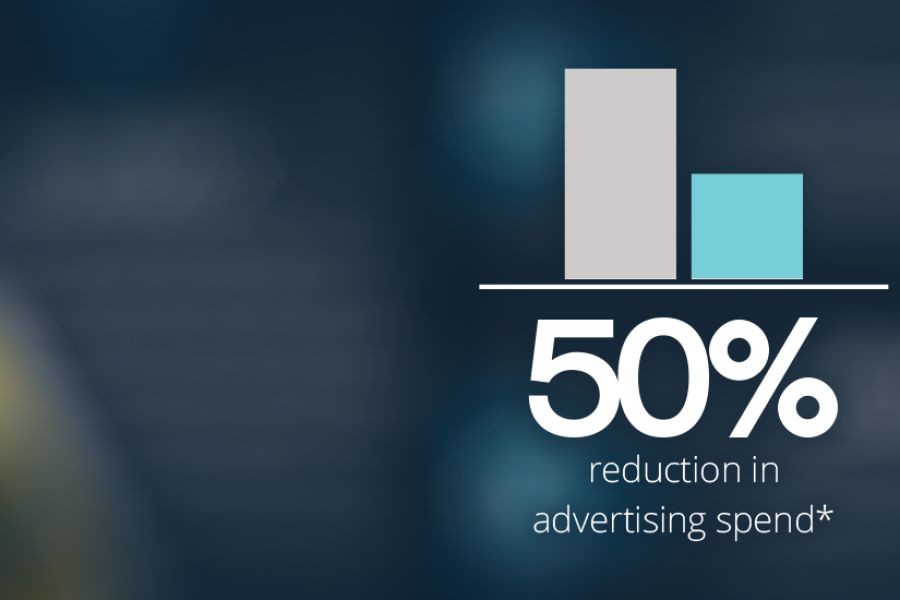








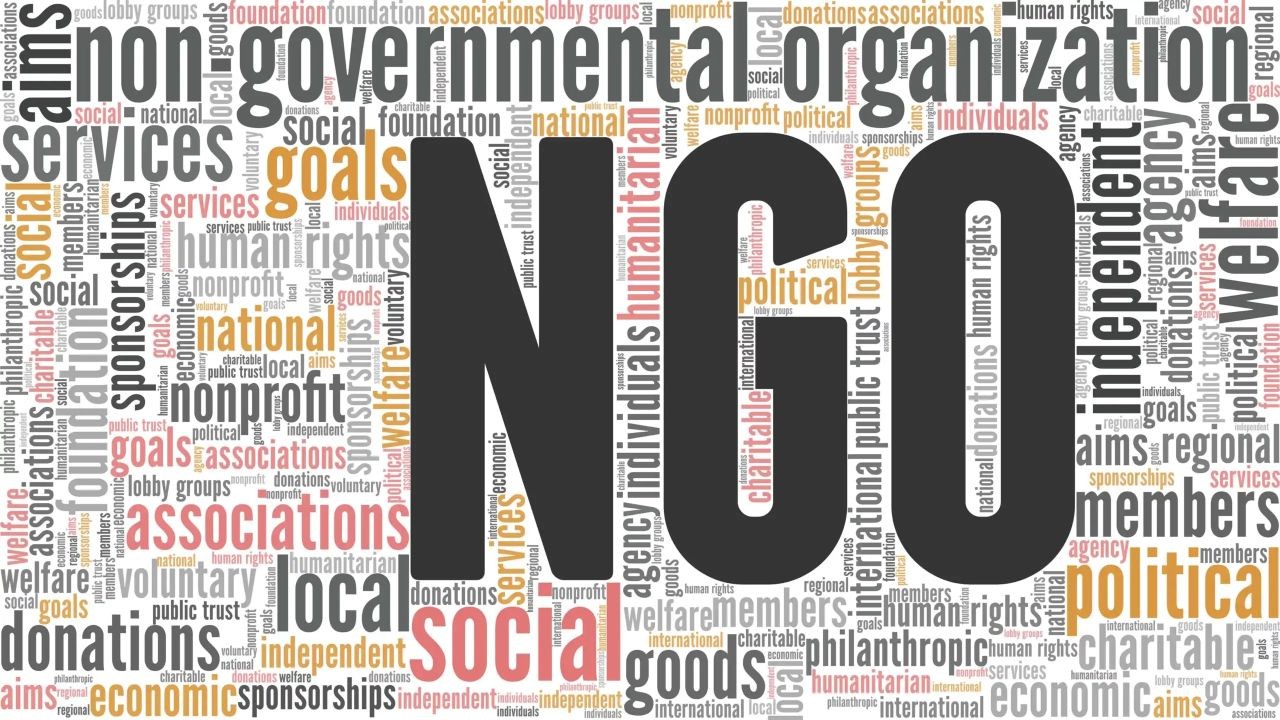
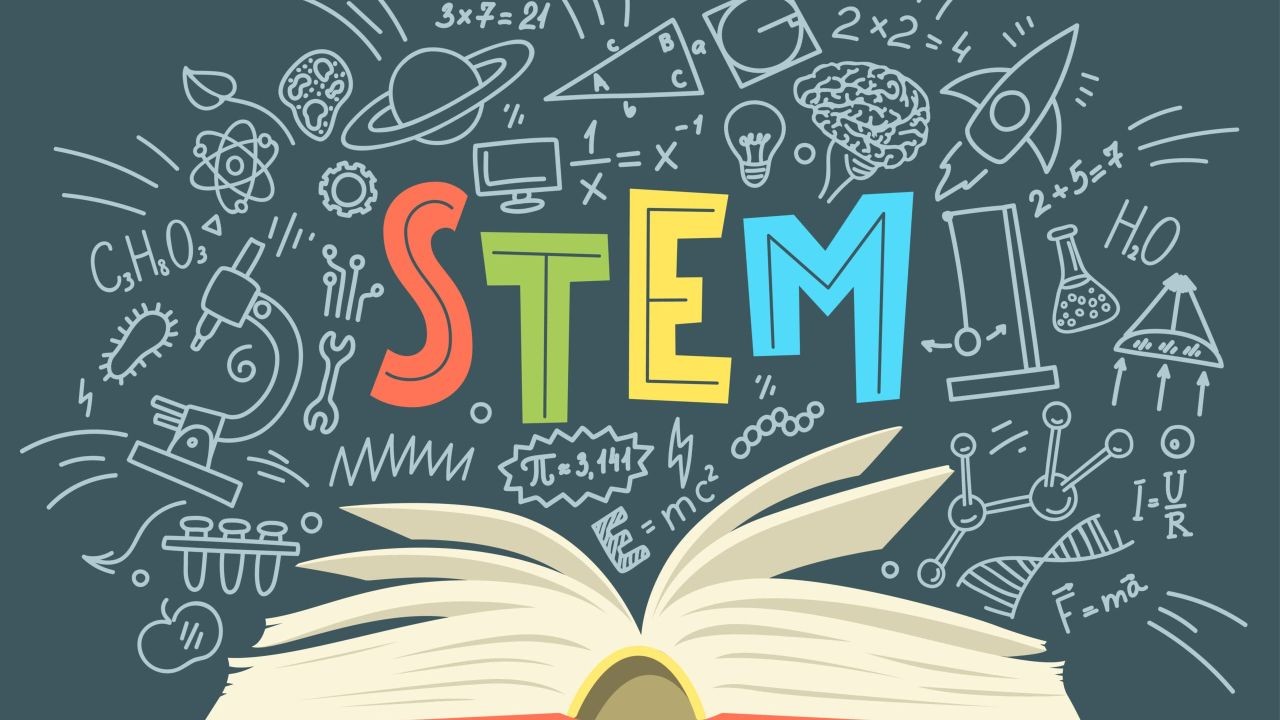


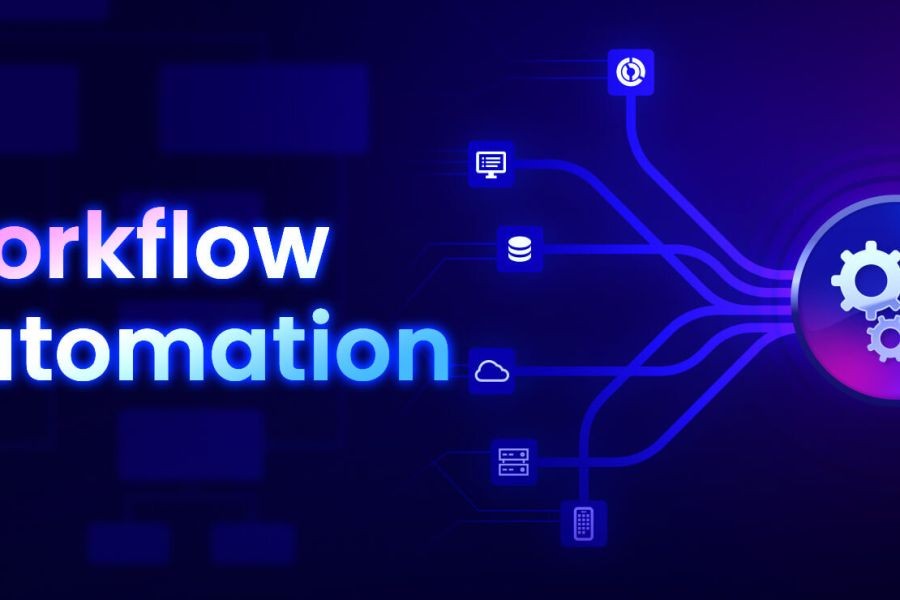





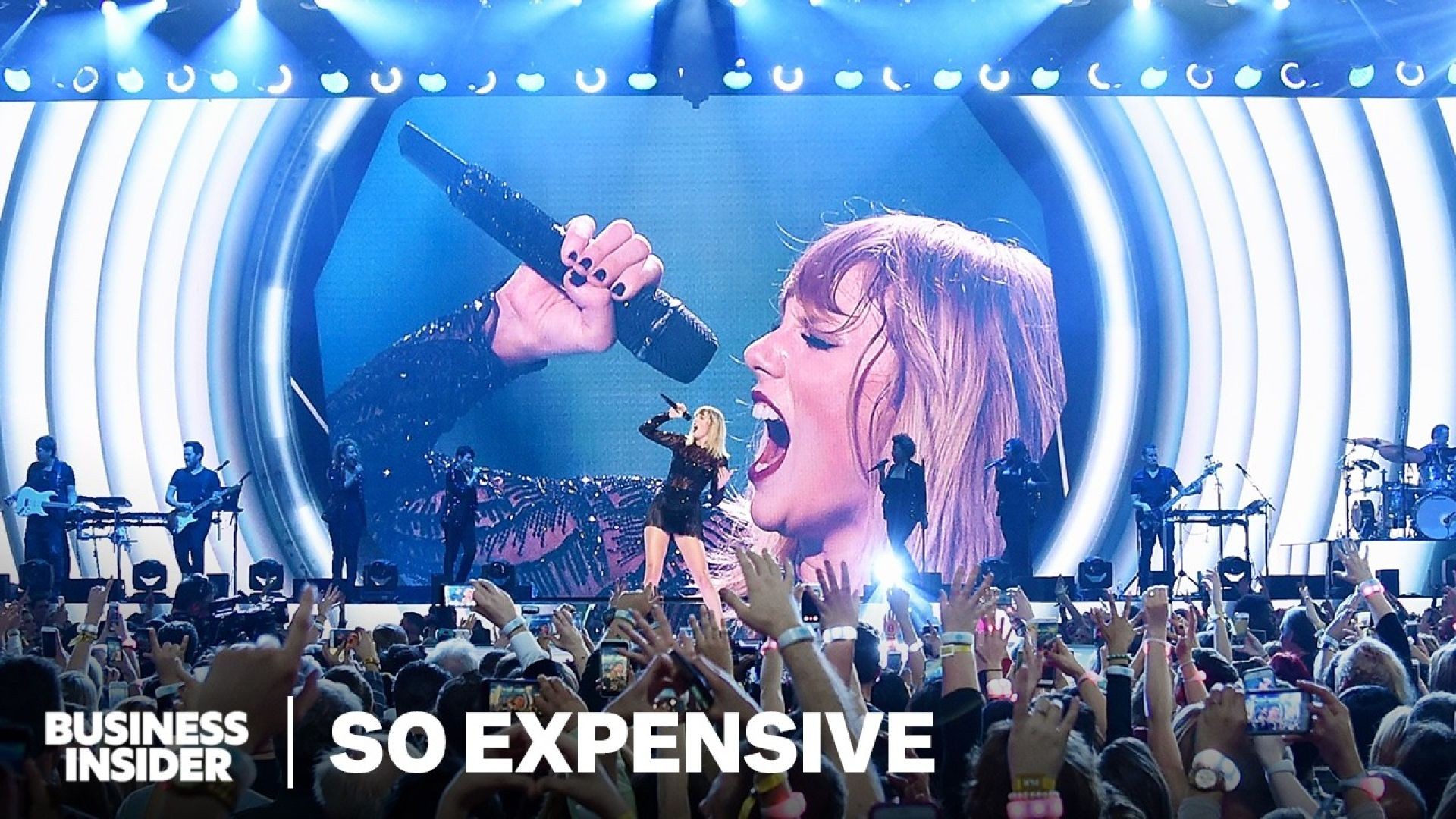
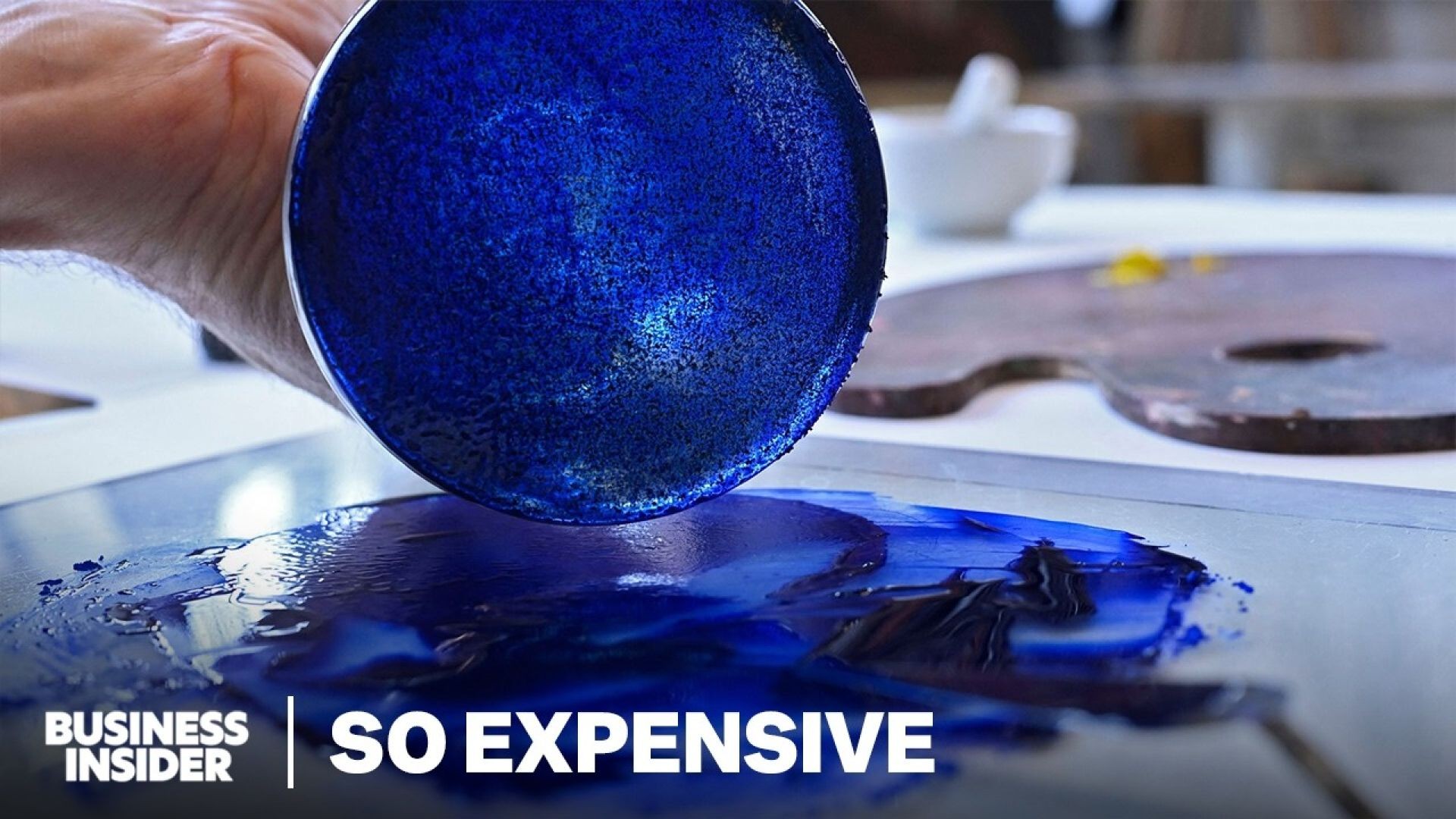
hamishcastigli
5 months ago